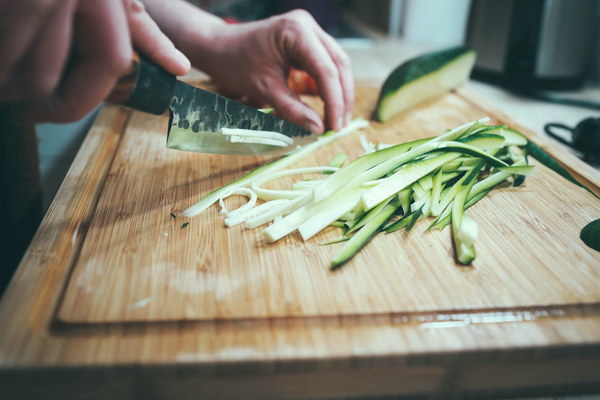The Effectiveness of Sweating to Eliminate Dampness A Comprehensive Look
In traditional Chinese medicine, the concept of dampness is considered a common cause of various health issues. Many people turn to sweating as a natural remedy to expel dampness from the body. But does sweating really help in eliminating dampness? Let's delve into the topic to find out.
Understanding Dampness in Chinese Medicine
In Chinese medicine, dampness is seen as a pathogenic factor that can lead to a range of disorders, including fatigue, weight gain, poor digestion, and joint pain. It is believed that dampness accumulates in the body due to poor diet, excessive dampness in the environment, or other internal imbalances.
According to this philosophy, sweating is a method that can help in expelling dampness and restoring the body's balance. However, whether or not sweating is effective in this regard depends on various factors.
Does Sweating Help to Eliminate Dampness?
1. Mechanism of Sweating
Sweating is the body's natural way of cooling down and regulating body temperature. When we sweat, we release moisture through our skin, which can help to expel toxins and impurities. In the context of dampness, sweating may aid in the removal of excess moisture from the body.
2. Acupuncture and Herbs
In Chinese medicine, sweating is often induced through acupuncture or the use of herbs that promote perspiration. These practices are believed to stimulate the body's ability to expel dampness and improve overall health.

3. Physical Activity
Engaging in physical activities that cause sweating, such as exercise, can also help to eliminate dampness. Exercise increases blood circulation and promotes the flow of Qi (vital energy) throughout the body, which can help to disperse dampness.
4. Limitations and Risks
While sweating can be beneficial in some cases, it is not a guaranteed solution for dampness. Excessive sweating or sweating without proper replenishment of fluids can lead to dehydration and other health issues. Additionally, sweating may not be effective for everyone, as individual responses to sweating can vary.
How to Safely Use Sweating to Eliminate Dampness
1. Moderation
It's important to avoid overexertion and excessive sweating, as this can lead to dehydration and other complications. Aim for moderate physical activity that encourages a light sweat.
2. Hydration
Ensure that you are well-hydrated before, during, and after sweating. Drinking plenty of water can help to prevent dehydration and support the body's natural sweating process.
3. Acupuncture and Herbs
Consider incorporating acupuncture or herbal remedies into your treatment plan. These practices are often used in conjunction with physical activity to promote sweating and eliminate dampness.
4. Healthy Diet
A diet that is rich in fresh fruits and vegetables and low in damp-producing foods, such as dairy and sugary foods, can help to reduce dampness in the body.
In conclusion, while sweating can be a useful tool in the context of Chinese medicine for eliminating dampness, it is not a one-size-fits-all solution. It is important to approach sweating as part of a holistic health plan that includes diet, exercise, and possibly other traditional Chinese medicine practices. Always consult with a healthcare professional before making significant changes to your health regimen.









